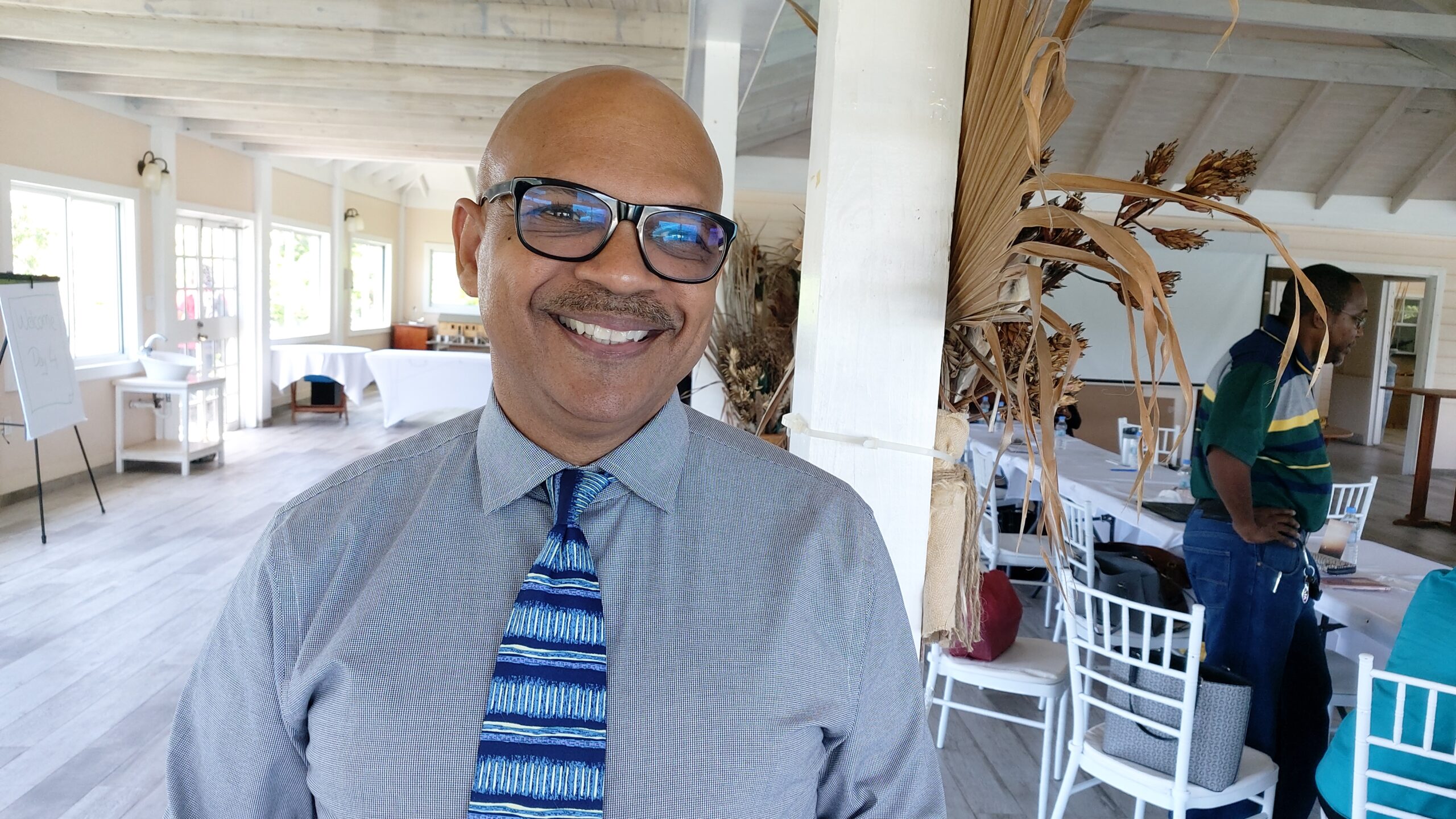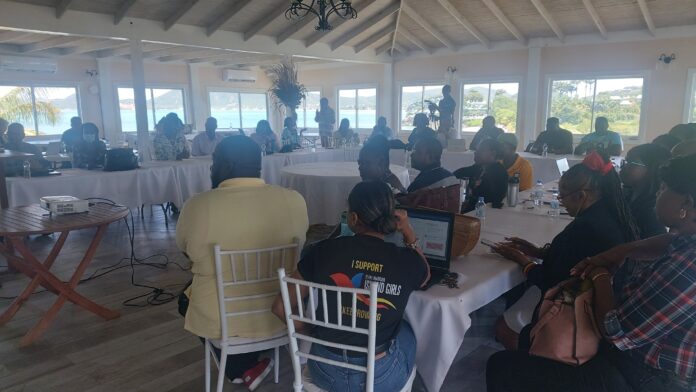
By Elesha George
Disaster personnel, representatives from gender departments and met officers from countries participating in the Caribbean Disaster Emergency Management Agency (CDEMA) have committed to solving a data gap challenge that has prevented responders from effectively identifying and planning for the needs of targeted groups of people.
Several disaster personnel from across the Eastern Caribbean region are better able to understand how to assess the needs of different genders when responding to flood events, or other emergency situations, following a four-day workshop on mainstreaming gender into early warning and flood forecasting planning.
“This workshop allows us now to prepare better for the vulnerable populations in communities which may have been missed or overlooked in the past,” said CDEMA’s Captain Robert Harewood.
It is part of CDEMA’s work in supporting countries to build capacity to deal with disasters which include mainstreaming gender disaster risk reduction.
Stemming from that workshop, participant countries to include Antigua, Dominica, Kitts and Nevis, the British Virgin Islands, Monserrat, and Anguilla intend to develop targeted plans and policies as they now know the unique differences of how floods can impact men and women.
“One of the recommendations from the workshop was to ensure that there is a database that logs gender related aspects, meaning not only the population data, but data that is disaggregated by sex and age, “shared WMO Project Officer and Technical Focal Point for Antigua, Ramesh Tripathi.
“There will definitely be a way to identify physically challenged people, children as well as people who are blind, and even some other groups like LGBT groups,” he said.
Gender mainstreaming works to develop gender equality by making policies, law and plans more needs specific, and by applying evidence-based interventions to reduce problematic responses.
Tripathi explained that the workshop was about much more than getting more women involved in the process of forecasting, an area that also needs improvement.
The participants who spoke about continuing this level of collaboration have indicated their intention to help create the concept of the data base to categorically log information, which would allow both local and regional responders to more effectively launch disaster plans and prepare supply and aid during flooding events.
He said, “This database will not only be useful for disaster risk reduction, or climate change adaptation strategy, but it could be quite useful also for development processes which the country could be using for planning and implementation.”
This database and the information shared at the workshop can help analyse a person’s ability to cope with flooding and determine how their strengths can be used to create more effective planning during emergency situations. For example, some women may be better at comforting flood victims, while men are more comfortable with helping victims to evacuate. It can be used by anyone doing modeling, flood forecasting or early warning dissemination. The database will help them understand the population situation in communities which may be impacted by flood waters.
The suggested database is anticipated to start at a country level and will expand for regional use where necessary.
The programme which was funded by the World Meteorological Organisation (WMO) enabled about twenty individuals to identify the vulnerabilities of these specific groups. It was the first gender-based programme launched in this part of the region.

